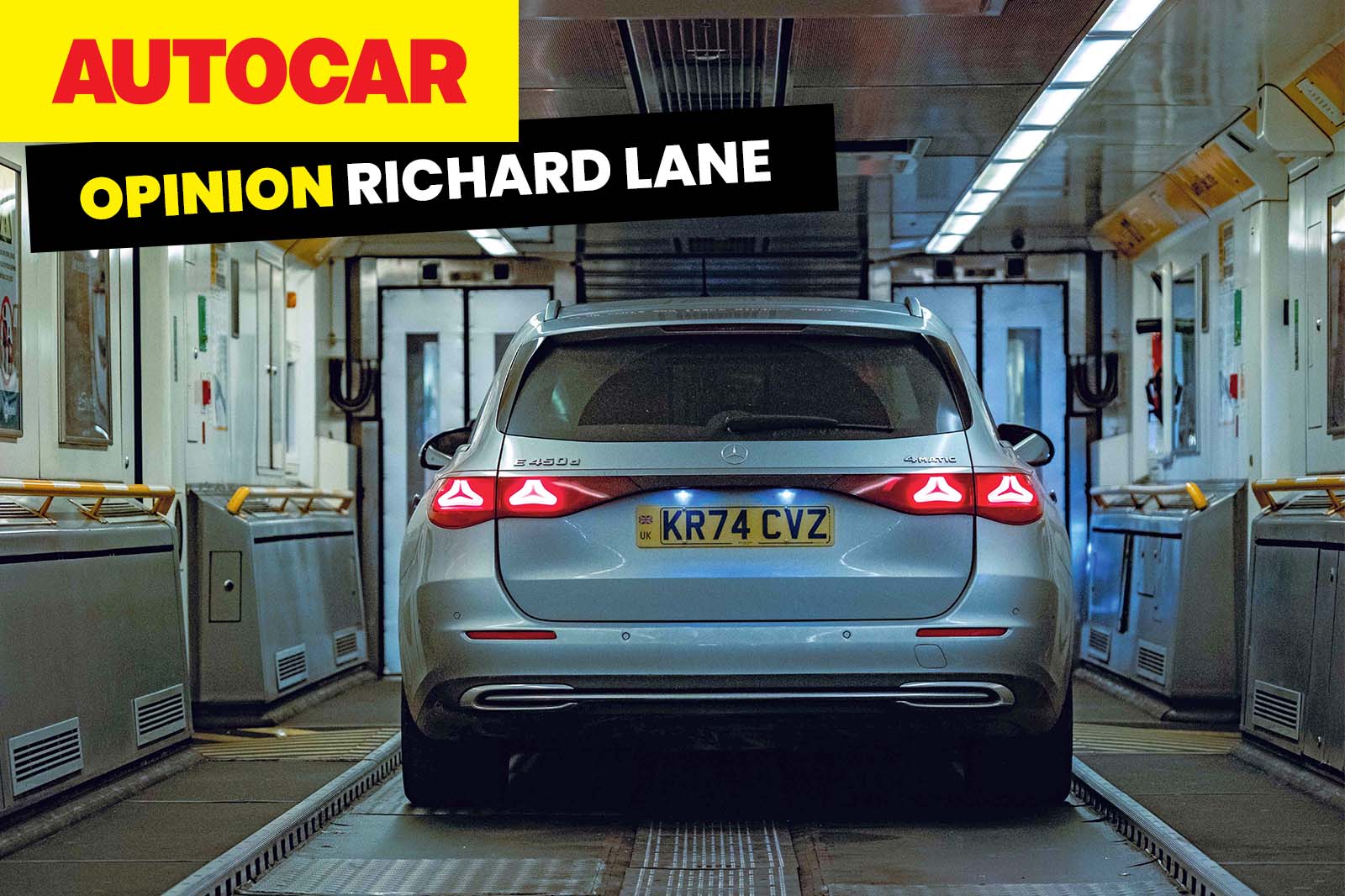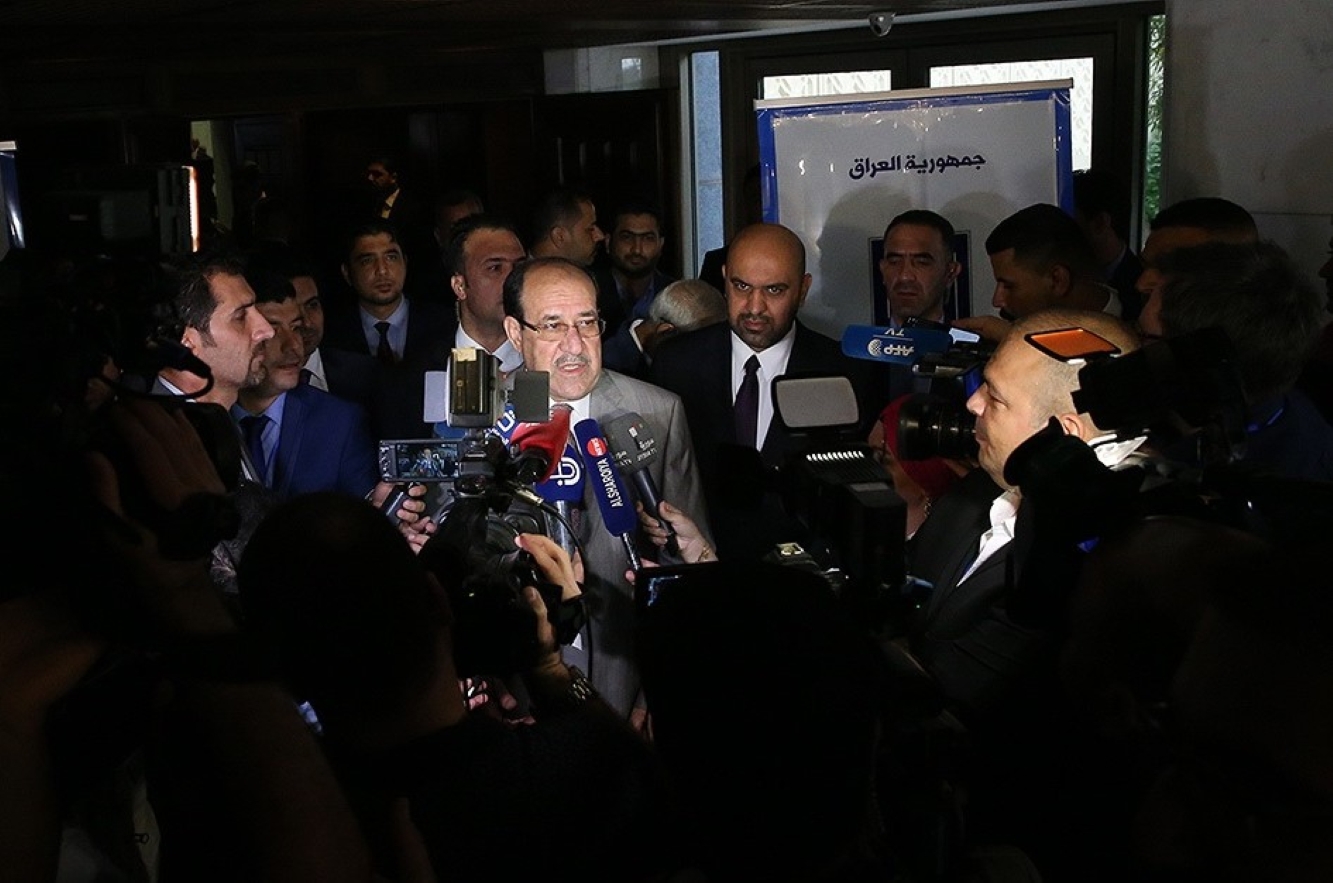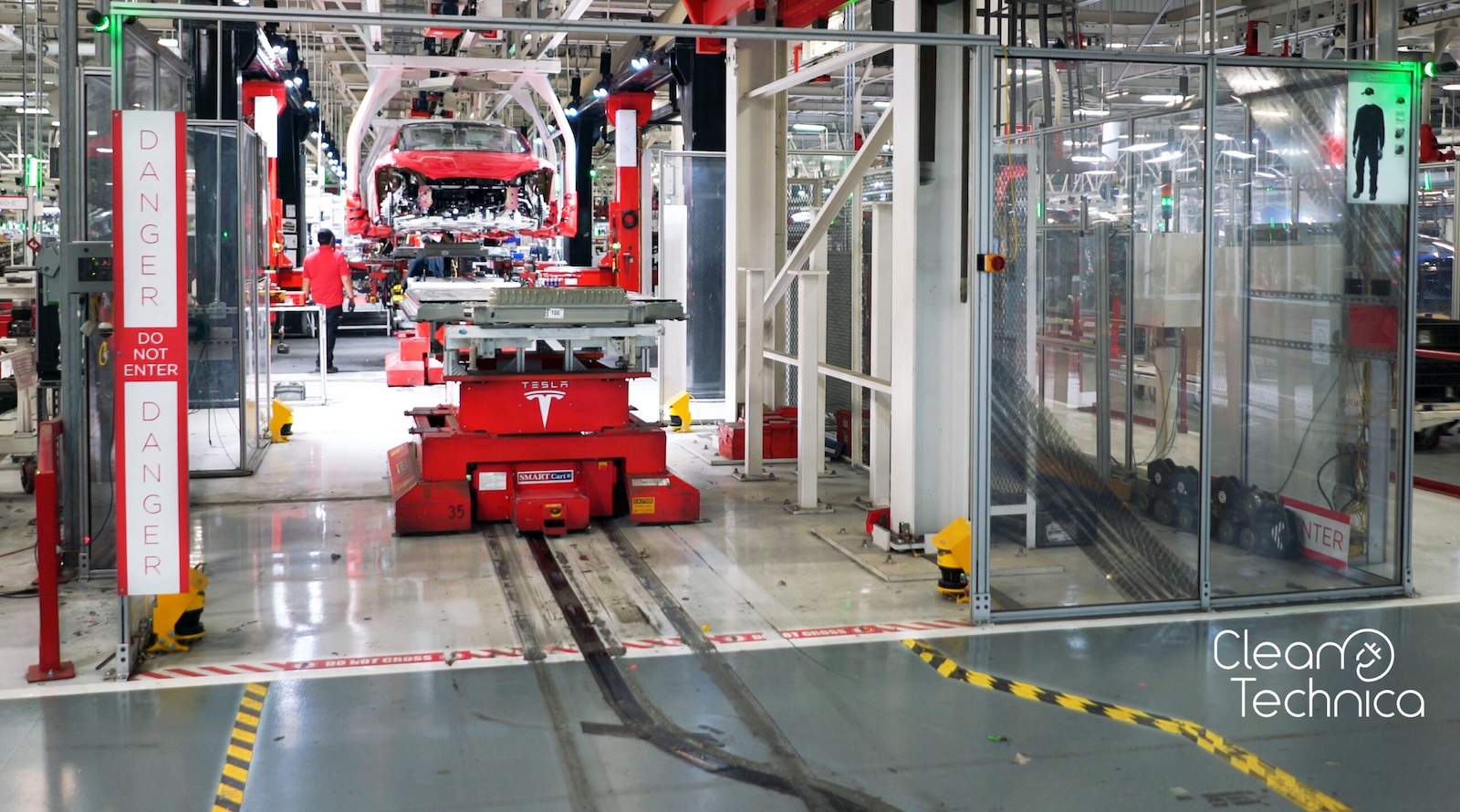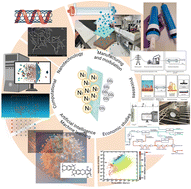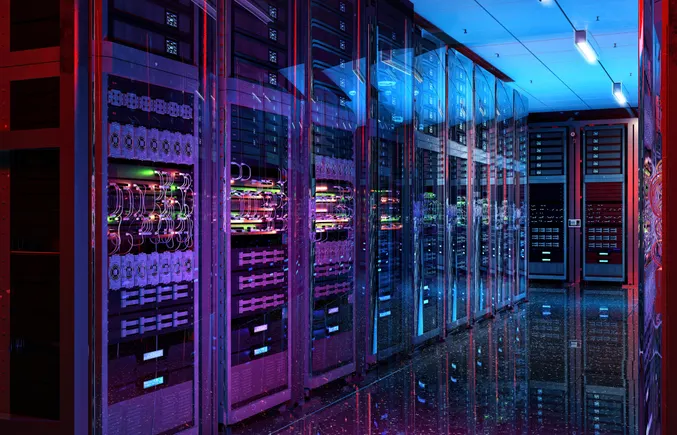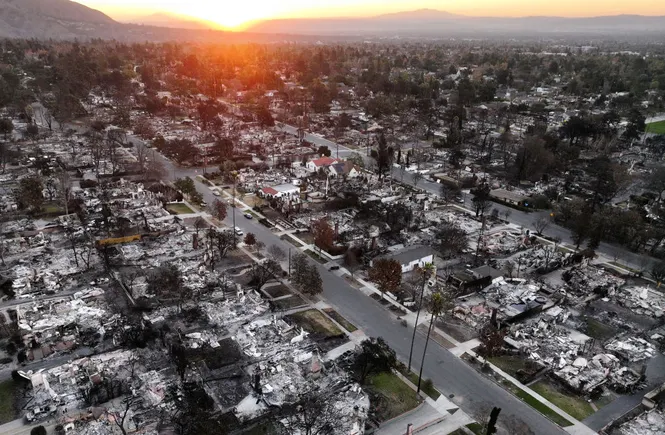We all know this is a tough trade. But when Startups.co.uk’s 2025 Workforce Report revealed hospitality leaders are more likely than anyone else in business to be struggling with their mental health, the scale of the problem became impossible to ignore.
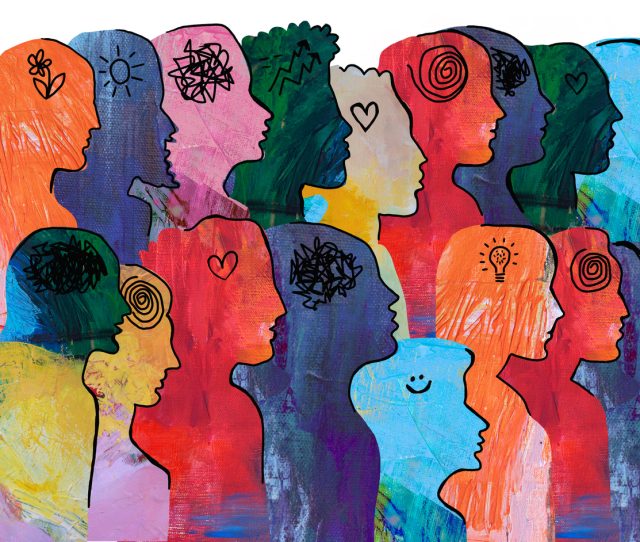
Among all industries surveyed, it is hospitality leaders who are faring the worst. 14% now rate their mental health as “poor,” more than double the national average of 6%. Consulting came next at 9%, followed by finance and the creative industries.
The numbers are grim, but they don’t tell the whole story. Behind them is a long list of pressures most of us have been carrying for years.
Stress is the new normal
As editor of
Startups.co.uk Zohra Huda put it, “Are we really that surprised in the wake of Brexit, lockdowns, food inflation and changing work patterns? Now, with the recent NIC rises coming into effect and reduced consumer spending impacting the UK’s pubs, bars and restaurants, there’s even more pressure on frazzled sector owners.”
Hospitality businesses are also the least optimistic about the future. Just 70% of firms said they felt positive about growth in 2025, down from 80% a year ago. Only 11% say they have recovered fully from the past five years. For a sector that has always relied on resilience and good weather, even hope seems in short supply.
It’s not just the bosses
The situation is just as serious, if not more so, on the floor. According to Hospitality Action’s “Taking the Temperature” report, published last summer, 76% of hospitality staff say they have experienced mental health issues in their careers. That is up from 64% in 2020 and just 56% in 2018.
Asked what worried them most for the year ahead, 60% of staff said work–life balance. 44% listed their mental health directly, and 42% were concerned about money. Long hours, unrealistic workloads and financial insecurity remain a daily reality for many.
What is clear is that these are not isolated cases. This is a full-scale cultural and structural problem, and it is not going away on its own.
The sector starts to respond
Thankfully, the issue is no longer being brushed under the rug. More than 100 major hospitality businesses, including
Greene King, Marriott and Soho House, have now signed the Wellbeing and Development Promise. This sector-wide charter was developed by the Hospitality and Tourism Skills Board and is backed by the government.
The idea is simple. Make respect, development and fair treatment a standard, not a bonus. Steve Richards, CEO of Parkdean Resorts and chair of the Skills Board, said, “We’ve had the backing of Government, trade bodies and the wider industry. I look forward to working with the Department for Business and Trade to drive it forward.”
On a practical level, more employers are starting to adapt. 71% now say they would change an employee’s hours to support their mental health. Two-thirds offer access to counselling or support services through Employee Assistance Programmes. Hospitality Action’s 24/7 helpline is also open to anyone in the industry.
Still, as CEO Mark Lewis says, culture change has to run deeper than a few well-meaning policies. “The Covid-19 pandemic and cost-of-living crisis devastated our industry,” he says. “Employers must take the lead by creating a work environment that prioritises a balanced work/life dynamic. A fundamental, permanent shift in attitude towards mental health is essential.”
What now?
Hospitality has always been proud of its grit. But that pride may have become part of the problem. A culture of pushing through and cracking on only works for so long. At some point, something breaks.
Hopefully, this is a moment of reckoning for the industry. If we want to keep the lights on and the pints flowing, we need to make hospitality somewhere people want to work. Somewhere they can thrive, not just survive.
There is no shortage of energy or passion in this trade. But if we are going to keep it, we have to look after the people who bring it. That starts behind the bar, in the kitchen and on the shop floor, not just in the boardroom.
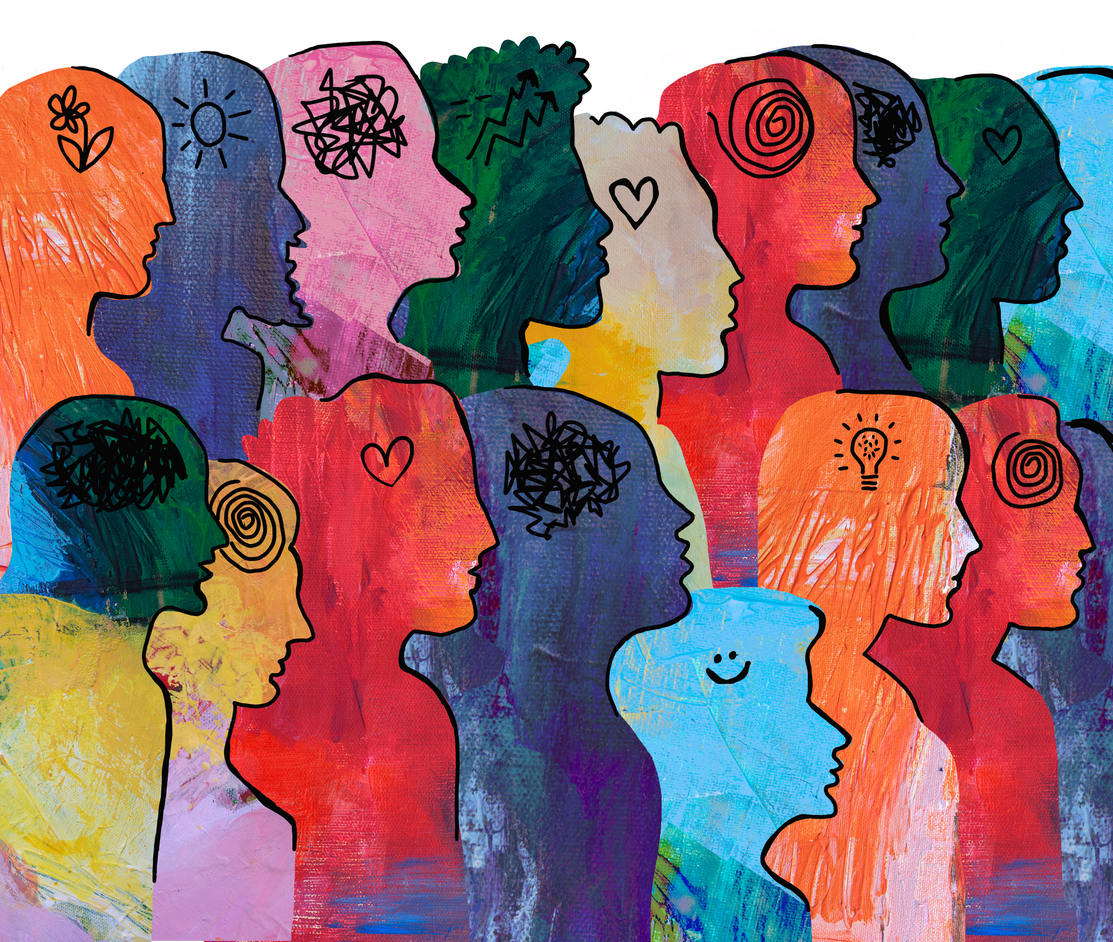
 Among all industries surveyed, it is hospitality leaders who are faring the worst. 14% now rate their mental health as “poor,” more than double the national average of 6%. Consulting came next at 9%, followed by finance and the creative industries.
The numbers are grim, but they don’t tell the whole story. Behind them is a long list of pressures most of us have been carrying for years.
Among all industries surveyed, it is hospitality leaders who are faring the worst. 14% now rate their mental health as “poor,” more than double the national average of 6%. Consulting came next at 9%, followed by finance and the creative industries.
The numbers are grim, but they don’t tell the whole story. Behind them is a long list of pressures most of us have been carrying for years.




















